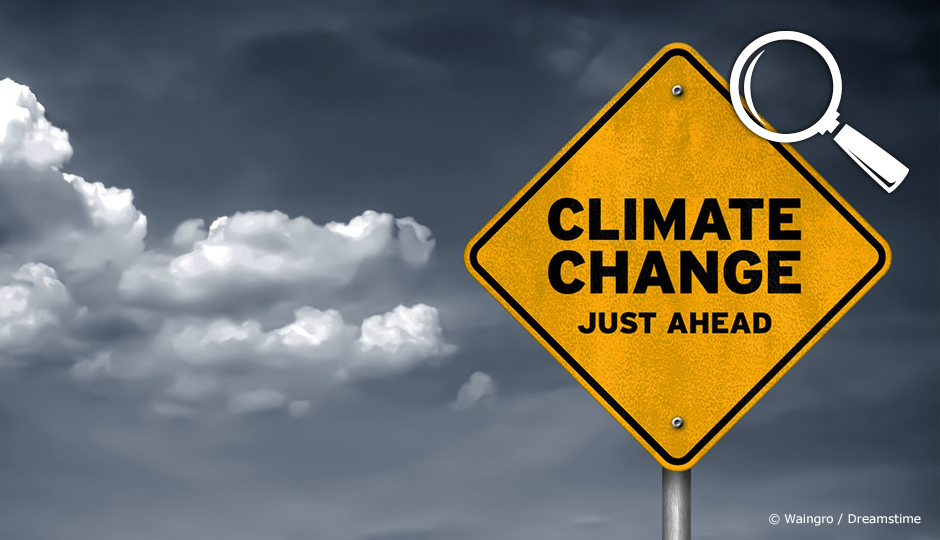Auteur : Agence Science Presse - Maxime Bilodeau
Bluer skies, less noisy cities, very rare smog episodes. The pandemic has been good for the environment. But this doesn’t mean the climate balance will be better when the year ends, the Rumour Detector reminds us.
The health crisis made it possible to see a historic planet-wide reduction of greenhouse gas (GHG) emissions. Driven by the economic slowdown, energy demand dropped dramatically after the beginning of the Great Lockdown. That’s what we read at the end of April in a report by the International Energy Agency.
This international agency, attached to the OECD, forecasts an 8% reduction of GHG emissions in 2020 compared to 2019. Some more conservative estimates project a decrease of around 4% to 5.5%, which would still be unprecedented.
The “disappearance” of these 2.6 gigatons of CO2 from the atmosphere would be equivalent to the emissions levels observed in the 2000s. No event in a century has triggered such a sharp drop of GHG emissions. Not the global financial crisis of 2008 or even the Second World War.
Pollution reduction
The effects of this “COVID-19 break” have been felt all over the planet. At the end of April, an air quality improvement was noted in nine of the world’s great metropolises during the confinement measures. Fine particles with a diameter of less than 2.5 micrometres decreased by around 9% to 54%. The WHO estimates that 7 million people die every year due to exposure to fine particles contained in polluted air.
In Delhi, India, a 60% reduction was observed between March 23 and April 13. The local population rediscovered the peaks of the Himalayas, normally veiled by smog.
In another field, a significant decrease in noise pollution was reported in the Pacific Ocean, off the coast of British Columbia, between January 1 and April 1. This finding was published in mid-May in a Canadian study in the Journal of the Acoustical Society of America. Noise pollution was probably down due to the reduction of marine traffic. It would be beneficial for the health of sea mammals in that region.
Climate inertia
But this good news should be tempered. The GHG emitted by humans over the past few decades haven’t disappeared overnight. Their stay in the atmosphere can be measured in decades, centuries and even millennia. In fact, even a clear, complete and highly unlikely stoppage of GHG emissions wouldn’t prevent climate warming from continuing. In 2010, the NASA Earth Observatory affirmed that such a scenario would still cause Planet Earth to warm by 0.6 degree Celsius by 2100.
The Breakthrough Institute, an American environmental research institute, maintains that GES concentrations in the atmosphere will remain practically unchanged in 2020. Before the pandemic, they were supposed to reach 414.2 parts per million (PPM), the Institute analyzes. With a 5% slowdown of GHG emissions this year, the concentrations would be only slightly lower, at 414 PPM.
If this slim difference occurs, it is too modest to influence the dynamics of the climate system, the Breakthrough Institute concludes. Remember that PPM concentrations haven’t stopped increasing since the Industrial Revolution of the 19th century. Previously they were below 300 ppm. The American National Oceanic and Atmospheric Administration estimates and average increase of 1.84 PPM per year between 1979 and 2019.
Read the second article of this series:
This historic reduction teaches us something about the efforts still required to fight the climate crisis.





